Previously, many patients with chronic kidney failure in Song Lo district had to go to provincial hospitals or nearby medical facilities for weekly treatment as prescribed by doctors. The long distance made patients tired and the cost of treatment also increased.
Since 2023, Song Lo District Medical Center has established an Artificial Kidney Unit under the Department of Resuscitation and Emergency with 5 modern dialysis machines. This has facilitated patients with chronic kidney failure to be treated locally, while reducing overload for upper-level hospitals.
Meritorious physician, Doctor CKII Nguyen Tan Minh, Director of Song Lo District Medical Center said: “In order to bring high-quality medical services to the people, the Board of Directors of the center always focuses on training and fostering medical staff, regularly sending doctors to study and exchange experiences at a number of central and provincial hospitals.
The medical equipment system is continuously supplemented in a synchronous manner. Thanks to being equipped with modern equipment such as digital X-ray machine, 32-slice CT scanner, 4D color ultrasound machine, multifunctional immunological testing system, automatic testing system, European standard operating room... has helped the center master high technology in the fields of surgery, emergency resuscitation, pediatrics.
Many complicated cases have been successfully treated, the rate of referrals has decreased significantly, and national health target programs have been effectively implemented. Patients' trust in the center's medical team has been increasingly enhanced."
In the process of integration and development, the province's health system has been continuously expanded and invested in. The whole sector currently has 7 general and specialized hospitals at the provincial level, 9 medical centers at the district and city levels, along with preventive and specialized units, 8 regional general clinics and a network of health stations in communes, wards and towns.
The private healthcare system has developed strongly with 5 hospitals and 344 general and specialized clinics located in 9 districts and cities. Advanced medical equipment such as magnetic resonance imaging (MRI), automatic biochemical testing systems, artificial kidney dialysis systems, 3-probe echocardiography machines, HFO high-frequency ventilators, etc. have been invested in the units.
Through cooperation programs with leading medical universities to train specialized doctors, attract talents, and create favorable conditions for good doctors to work locally, these are effective solutions to help the provincial health sector develop human resources. Each year, the entire sector sends about 250 staff for postgraduate training in the fields of medicine and pharmacy.
In the period of 2021 - 2025, the province has devoted large resources to building infrastructure, purchasing equipment and other activities for the health sector. This is a favorable condition for hospitals to successfully deploy high-quality medical services to serve patients.
Typically, the Provincial General Hospital pioneers in implementing complex endoscopic techniques, cardiovascular interventions, and chemotherapy for cancer treatment. The hospital cooperates with many central medical facilities and international units to study and transfer technology, and improve the professional qualifications of the medical staff.
In the field of obstetrics, the Provincial Obstetrics and Pediatrics Hospital has mastered the technique of treating infertility completely using the IVF method and welcomed the first baby born using this method at the end of 2024.
In order to ensure that all people, including those in remote areas, have access to quality health services, the province has promoted the development of the grassroots health system. Commune, ward and town health stations have been invested in upgrading, supplementing equipment and enhancing human resource training to ensure good implementation of prevention and primary health care.
Mobile medical examination programs, which are regularly implemented, have brought positive results, helping to detect and promptly treat many dangerous diseases.
In addition, strengthening information technology infrastructure, promoting digital transformation in the healthcare sector through electronic health records, electronic medical records, remote medical consultation, online appointment scheduling, and cashless hospital fee payment have brought maximum convenience to people, helping patients save time, reduce costs and improve the efficiency of medical information management.
With the goal of developing a network of medical facilities providing comprehensive services, meeting the needs of high-quality health care according to the Government's orientation, the health sector continues to consolidate a synchronous medical network, develop medical facilities in the direction of harmoniously combining primary health care and specialized health care, and traditional medicine with modern medicine.
Gradually perfect and apply artificial intelligence (AI) technology to patient reception, diagnosis, treatment, disease forecasting, ensuring food safety and enhancing the effectiveness of the medical information system and electronic medical records.
Quynh Huong
Source: http://baovinhphuc.com.vn/Multimedia/Images/Id/126067/Tang-kha-nang-tiep-can-dich-vu-y-te-chat-luong-cao


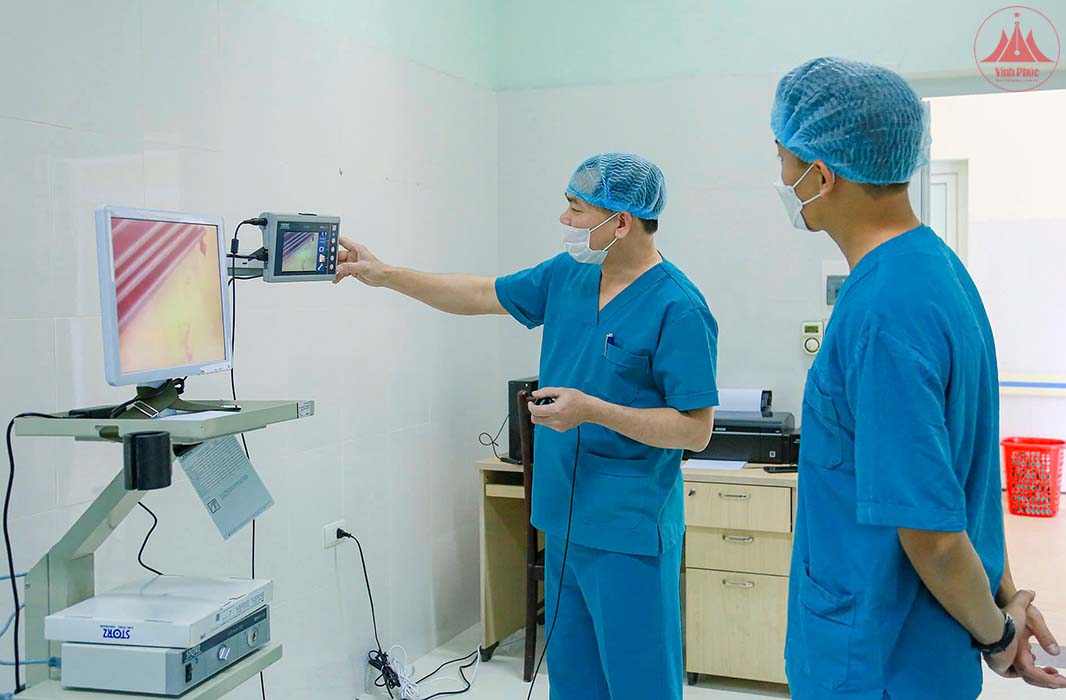
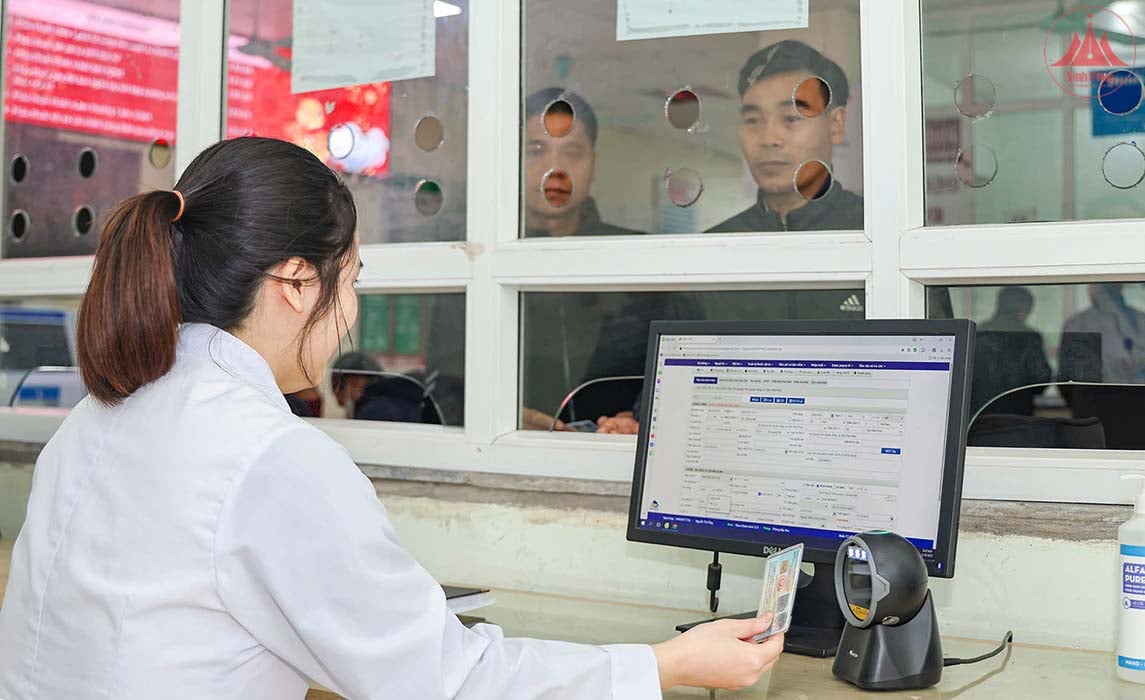






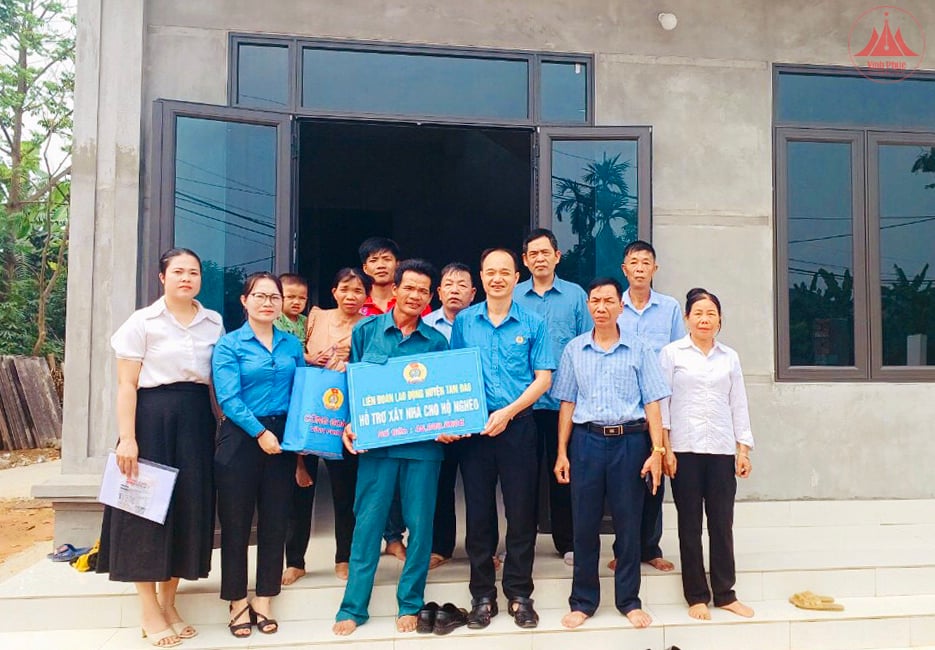

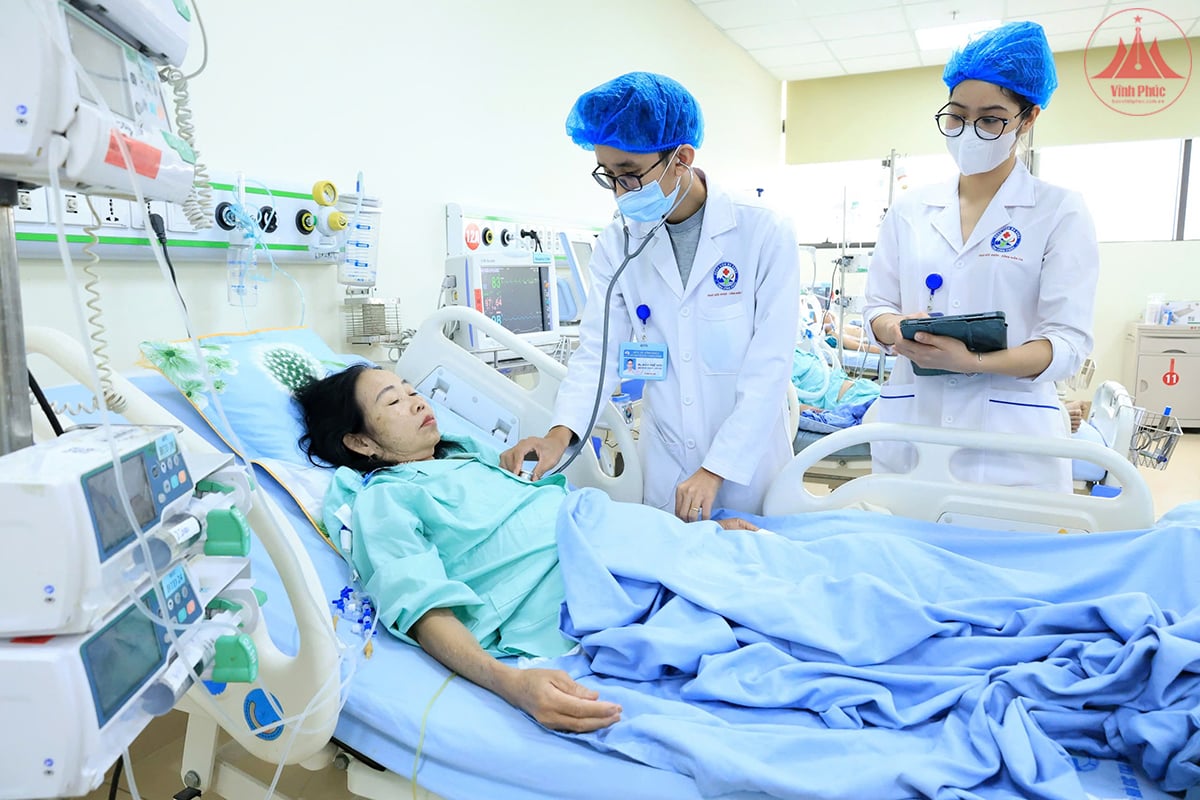
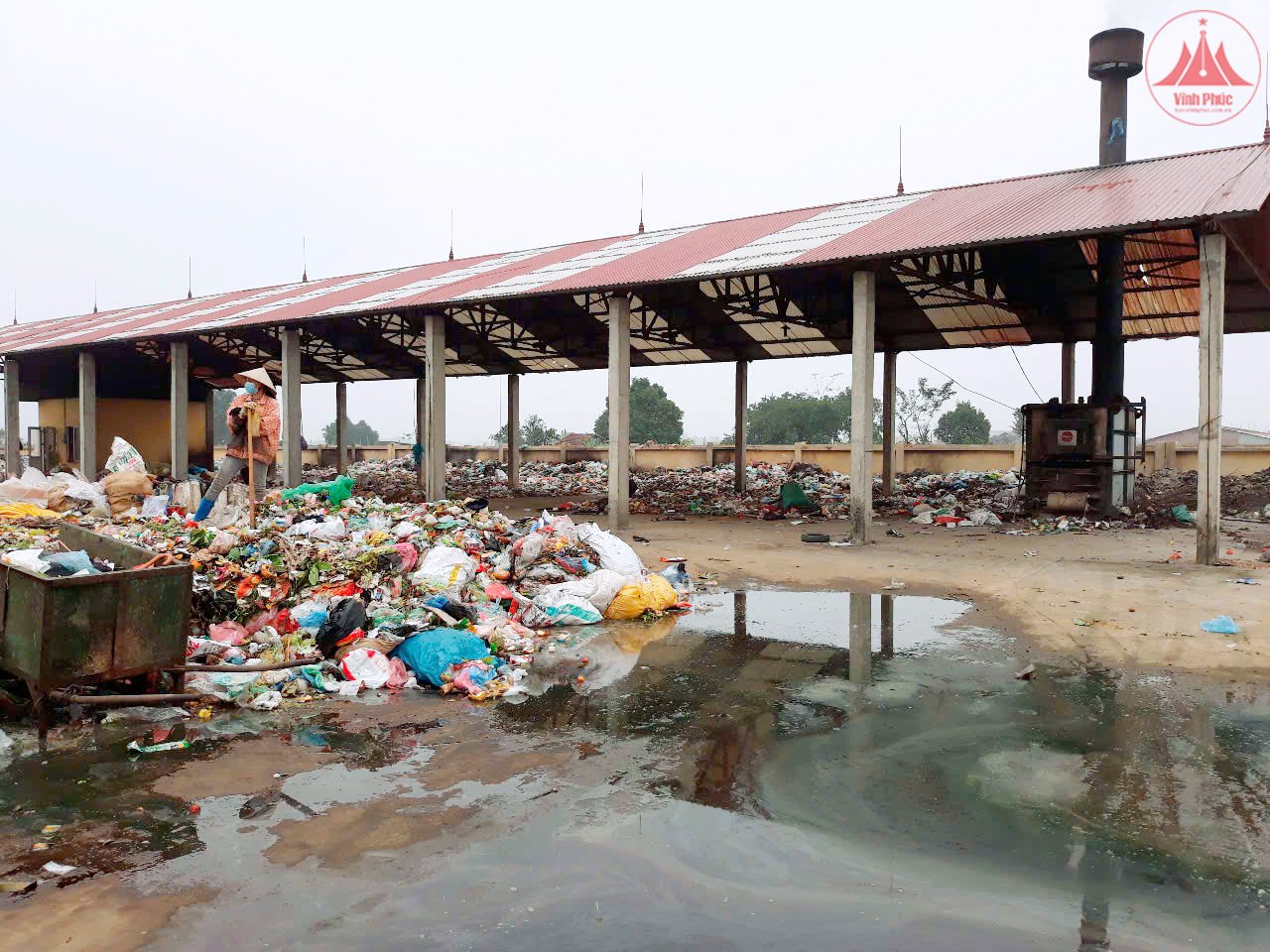
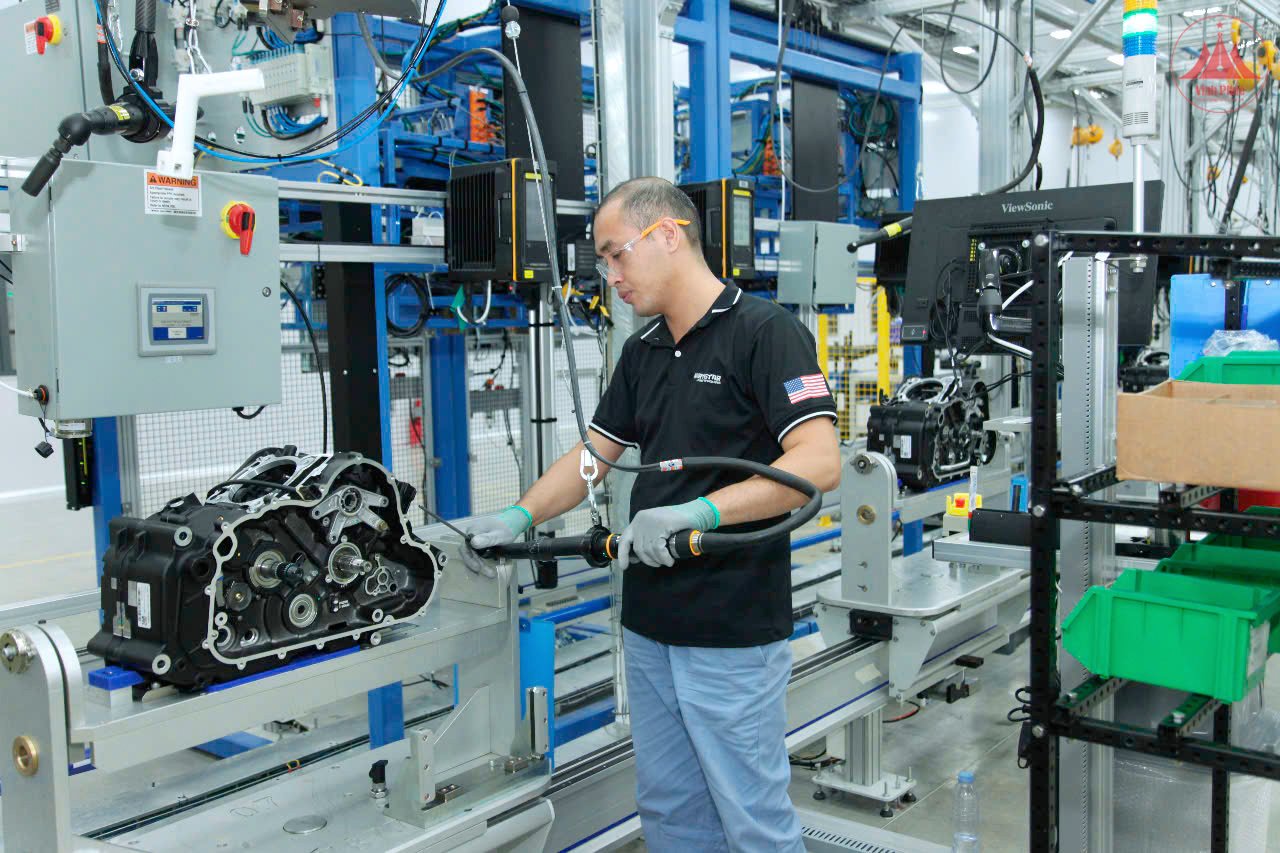
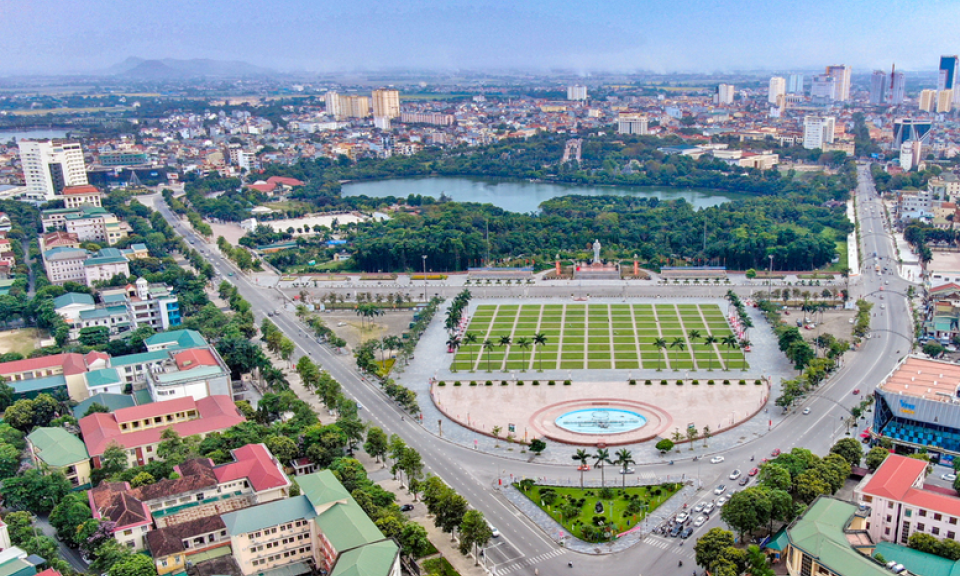


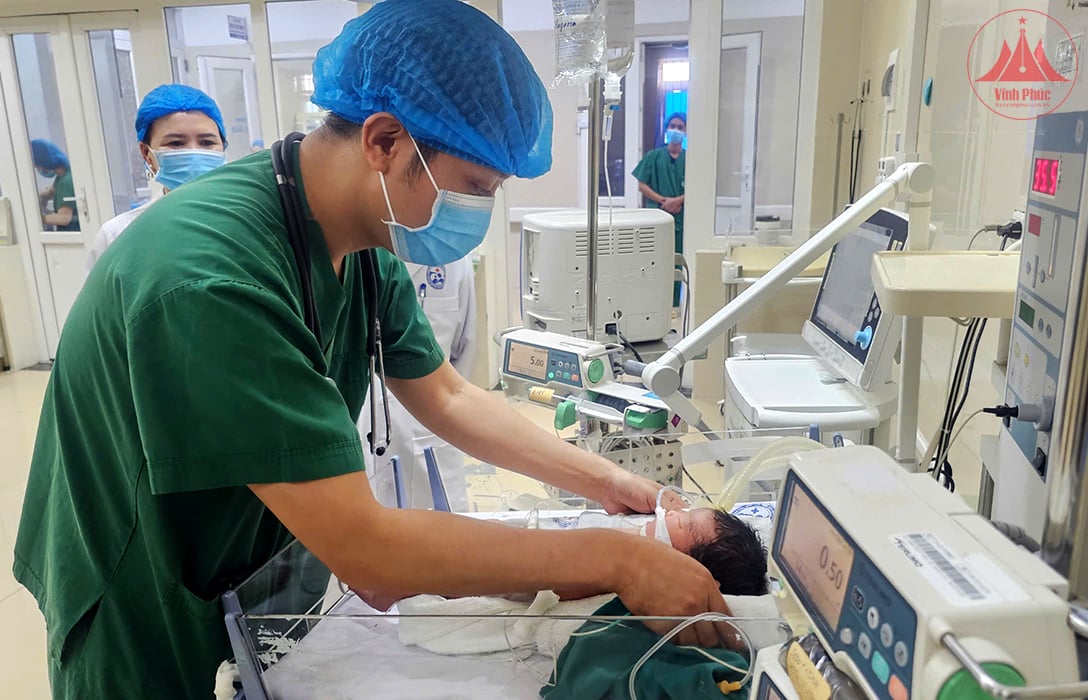
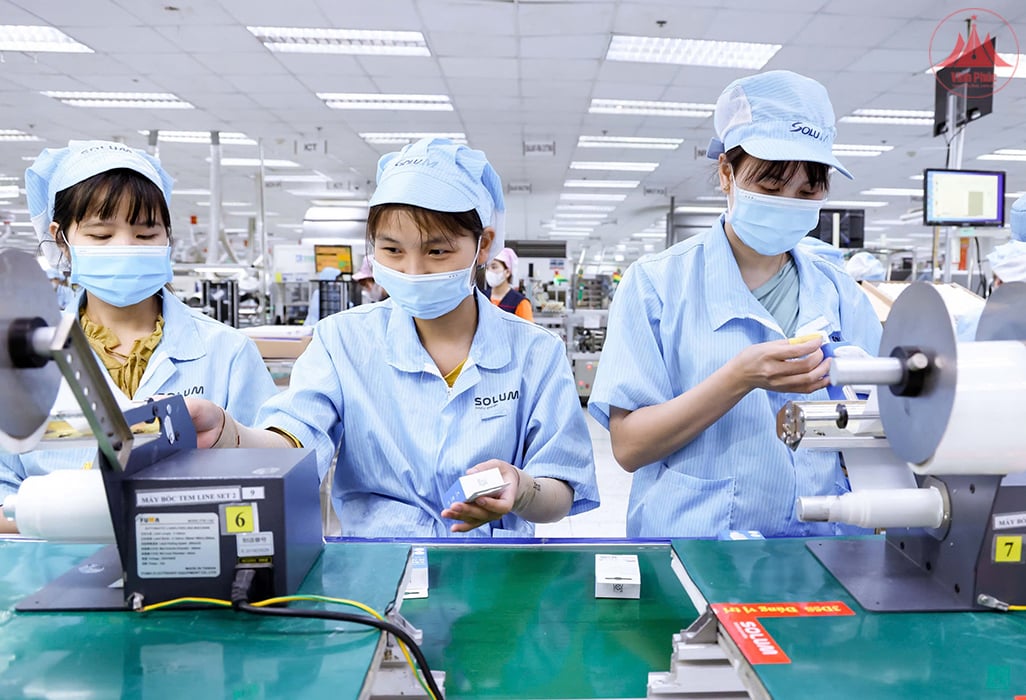

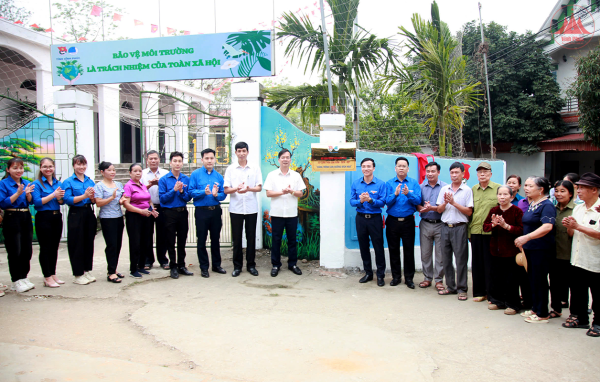

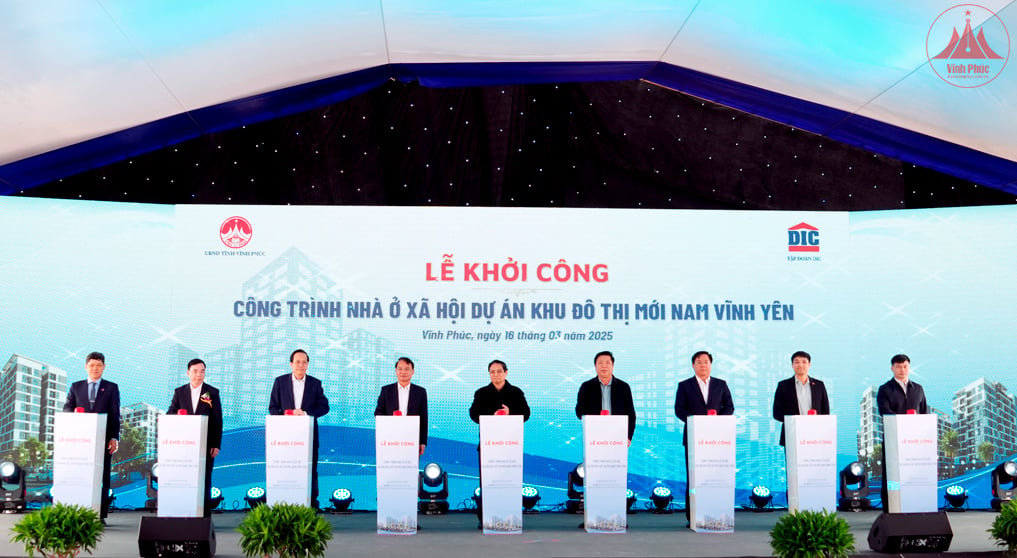
![[Photo] "Beauties" participate in the parade rehearsal at Bien Hoa airport](https://vstatic.vietnam.vn/vietnam/resource/IMAGE/2025/4/11/155502af3384431e918de0e2e585d13a)



























































Comment (0)